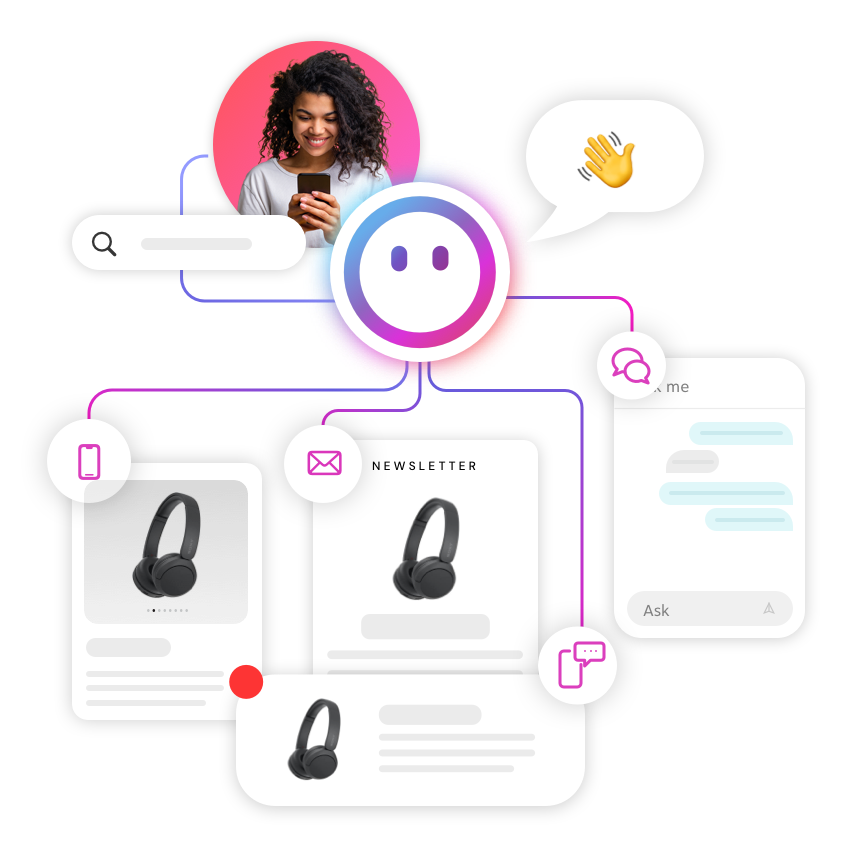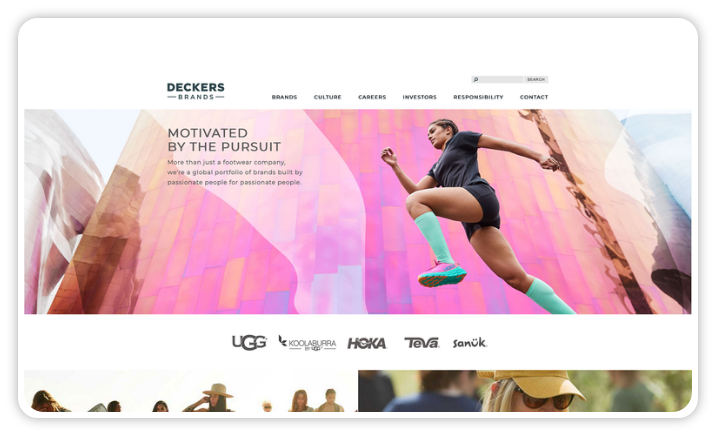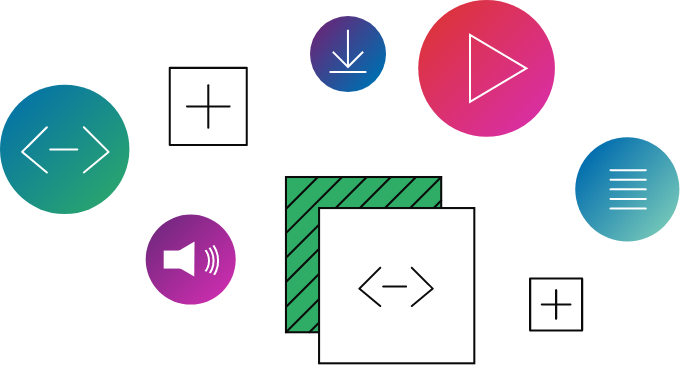Hand over control — AI is calling the shots now.
It started quietly. A few weeks ago, I reviewed a report from an analy<st firm about CoreMedia. At first glance, it seemed a typical report, polished and professional. But as I read on, something felt... off. The details were almost too perfect, the insights unusually precise. No human could have compiled all of this in a reasonable amount of time. It was too meticulous, too flawless to be anything but AI.
Just this thought changed my approach entirely. If this was AI generated, its role was clear: not to challenge me or interpret my words, but to prompt me for content it could use directly. In 2025, AI isn’t just a tool. It’s the one in charge, prompting us humans to simply respond, refine and adapt. And you know what? That’s not a bad thing. It’s exhilarating. And maybe a little unsettling.
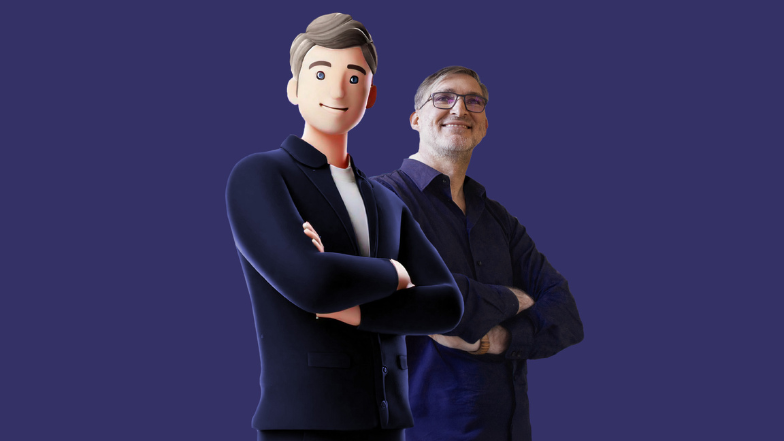
Humans are overrated (and that’s okay).
Back in 2011, I sat in a self-driving car for the first time, a Google prototype at the TED conference in Long Beach. The driver released the wheel and suddenly the car was in charge. The air was electric: some passengers laughed nervously, others gripped their seats in fear. I felt both. It was a controlled environment, a small loop in a parking lot, but it felt like a glimpse into the future.
Fast forward to 2023, and I’m riding in a Waymo across San Francisco. No driver, no drama. Just a car getting me from A to B. By the second ride, it felt so normal I hardly noticed, until a friend pointed something out: “I prefer Waymo over Uber,” he said. I laughed, but he explained: no awkward small talk, no messy unpredictability with erratic driving and odd routes, no surprises. Just clean, efficient competence. And suddenly, I realized he was hinting at something bigger.
This isn’t just about cars. We’re starting to appreciate AI’s reliability over human inconsistency. Messy emotions, unpredictability, awkward interactions — AI sweeps those off the table. From autonomous vehicles to customer service bots and virtual assistants, the ability to deliver results without human imperfections might make it our preferred partner in many areas of life. AI doesn’t just redefine how we interact with technology — it forces us to question what we value most in our human connections.
I am pretty sure that no one misses the hassle of rating drivers, adding tips and being rated as a customer.
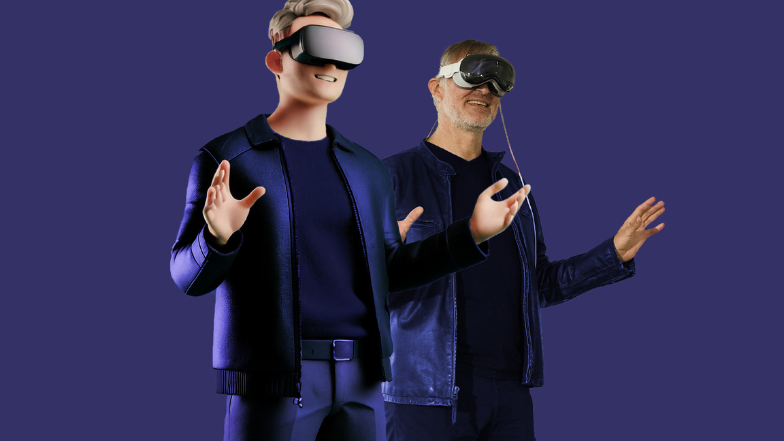
Stop listening to your customers (seriously).
I know, it sounds outrageous. But think about it: your customers are already telling you everything you need to know. They’re dropping data breadcrumbs every second about what they buy, what they want, how they feel, where they struggle. Asking them would result in answers based on past experiences. But if you analyze their behavior closely, you’ll know their needs even before they do.
Last year, during an interview about our latest product launch, I had a realization. The interviewer was sharp, almost too sharp. Their questions were precise, their insights uncanny. Halfway through, it hit me: what if this isn’t a human journalist, but an AI? It wasn’t just listening to me, it was anticipating my answers, asking the right questions and deepening the conversation.
This is the power of AI. It raises the bar on how we assess connections. As we interact more with it, our tolerance for human flaws diminishes. AI doesn’t just react — it predicts. It connects dots we can’t even see.
Hyperpersonalization goes beyond expectations, creating experiences so tailored they feel like magic. AI analyzes subtle behaviors - how long someone lingers on a page, the tone of their reviews, even how they phrase a question. Customer experience isn’t about asking what your customers want anymore. It’s about knowing — and delivering — what they’ll love. With this depth of insight, you’re not just meeting needs, you’re anticipating desires before customers even realize them.
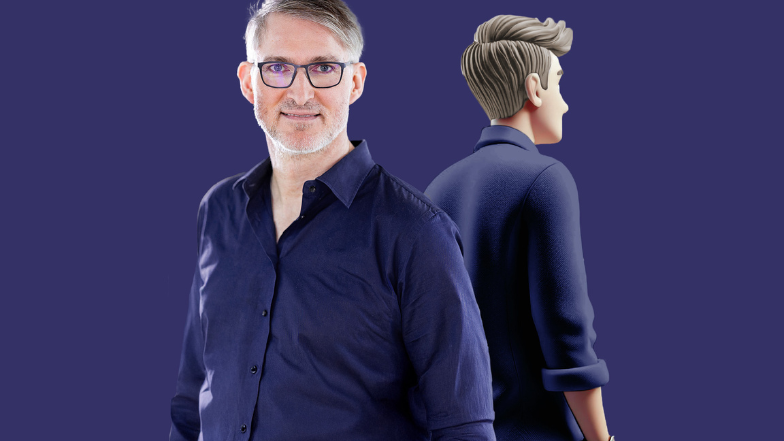
The human touch is our greatest weakness — and strength.
AI will never fully replace the human touch. But here’s the thing: the human touch has to really add value (is it really adding value when driving in a cab from A to B?) and it has to live up to high standards. One wrong tone, one slow response, one irrelevant suggestion, and you lose. On the flip side, when we get it right by combining empathy, humor and spontaneity with AI’s precision, we create something truly special.
Imagine you’re searching for trail running shoes. Based on your past purchases, the brand knows you prefer lightweight, colorful designs built for rough weather. It offers tailored suggestions and asks a few final questions to guide your decision. But when you’re stuck between two models, AI gives you the option to connect to a human advisor. They share personal experiences about the shoes and even recommend a nearby scenic trail to test them out, making sure you buy the right product. That’s the moment the magic happens — the moment you win hearts.
But we should be careful. AI is getting so good, so fast, that it’s tempting to let it take over entirely. Don’t. Strip away the human element and you lose meaningful connection. It is about letting AI operate at scale and understanding in which few situations human empathy makes a difference.
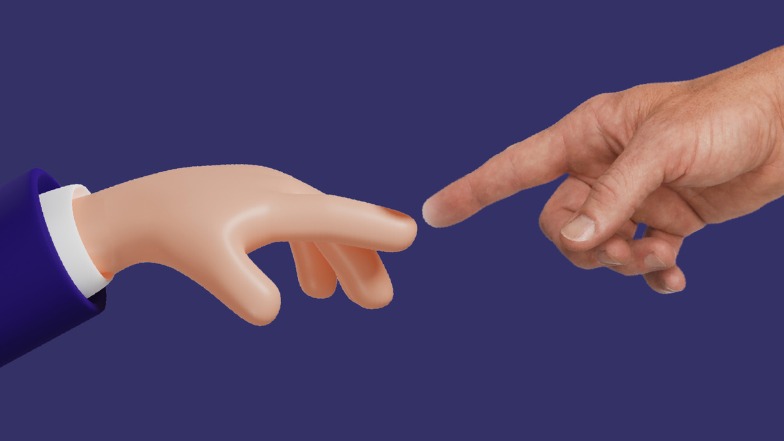
AI can lead, but are you ready to follow?
This isn’t the future we imagined. It’s not AI replacing us, it’s AI leading us. It’s prompting us to step up, to refine, to add the finishing touches. And yes, it’s provocative. It challenges our pride, our assumptions, our sense of control.
But maybe that’s exactly what we need. A push to think bigger, to act bolder, to embrace possibilities. Because the real question isn’t whether AI can lead. It’s whether we’re brave enough to follow.

